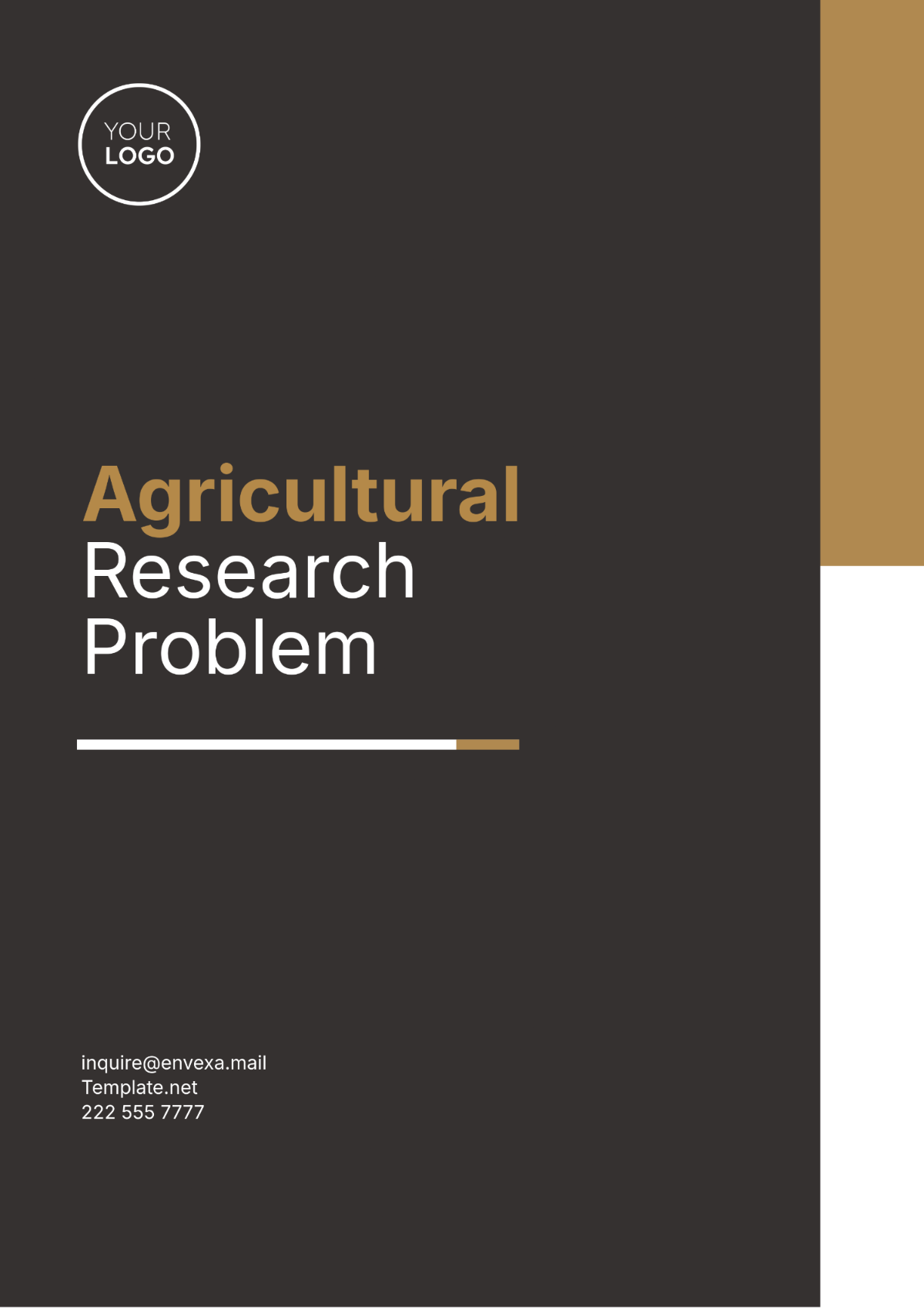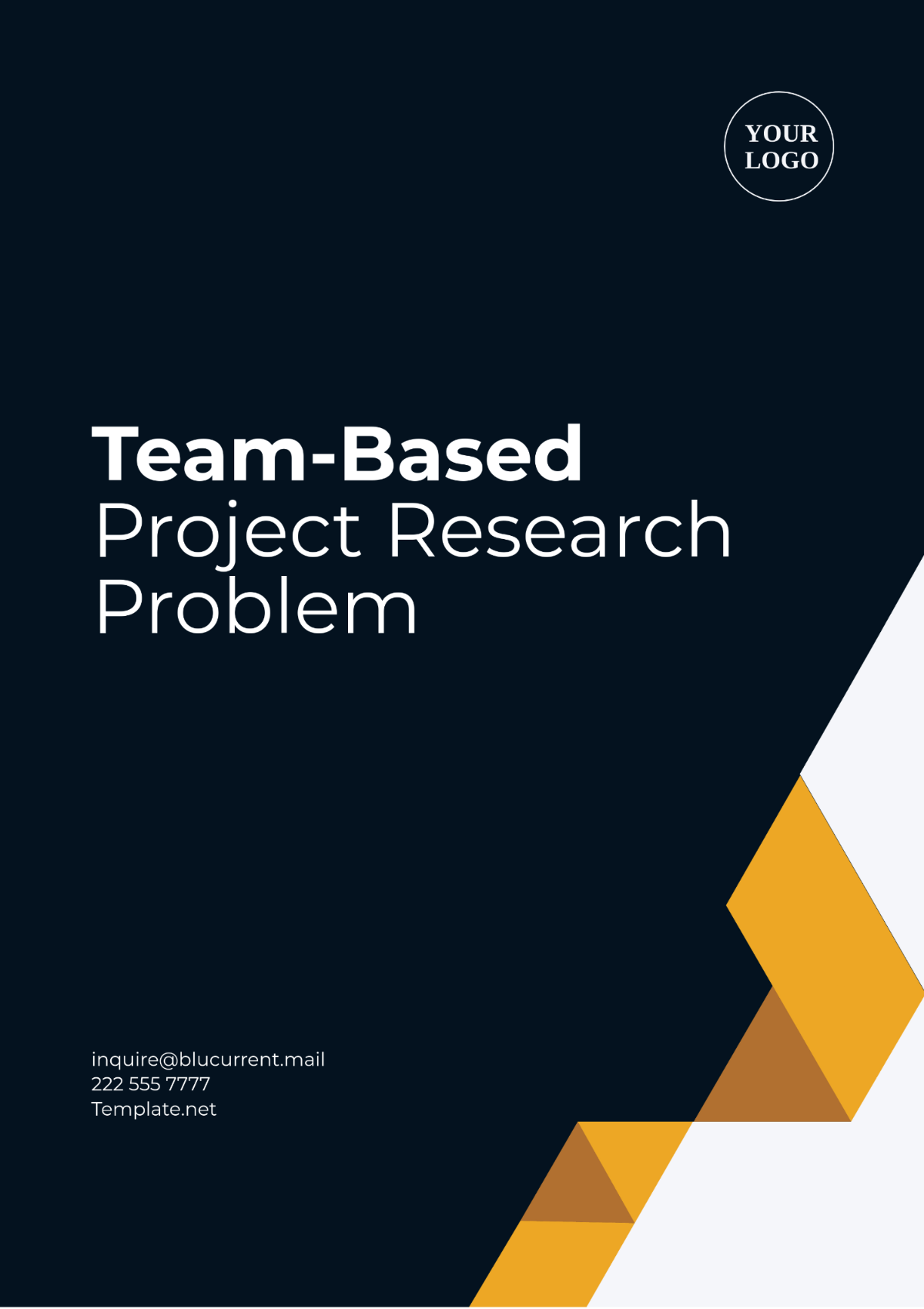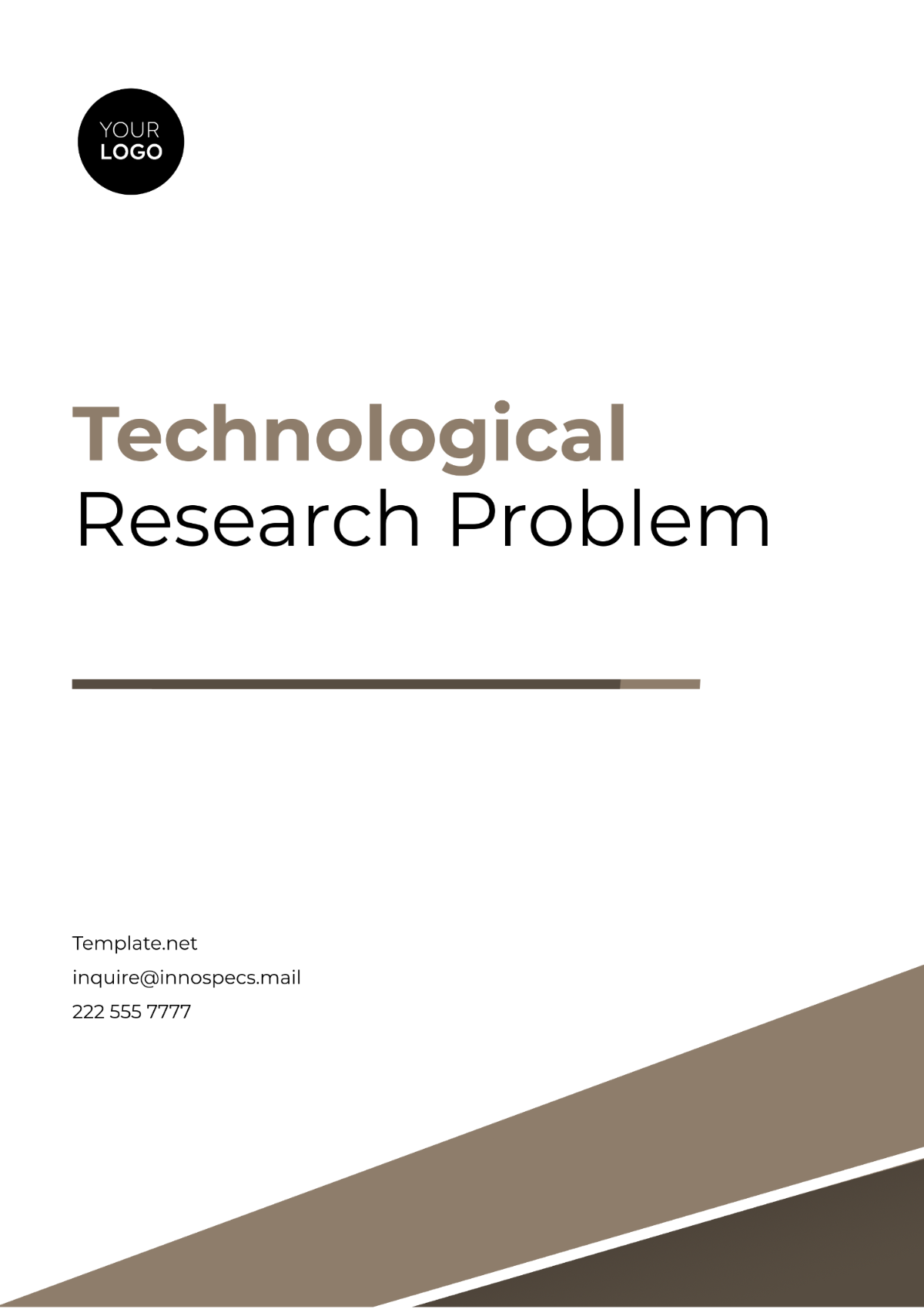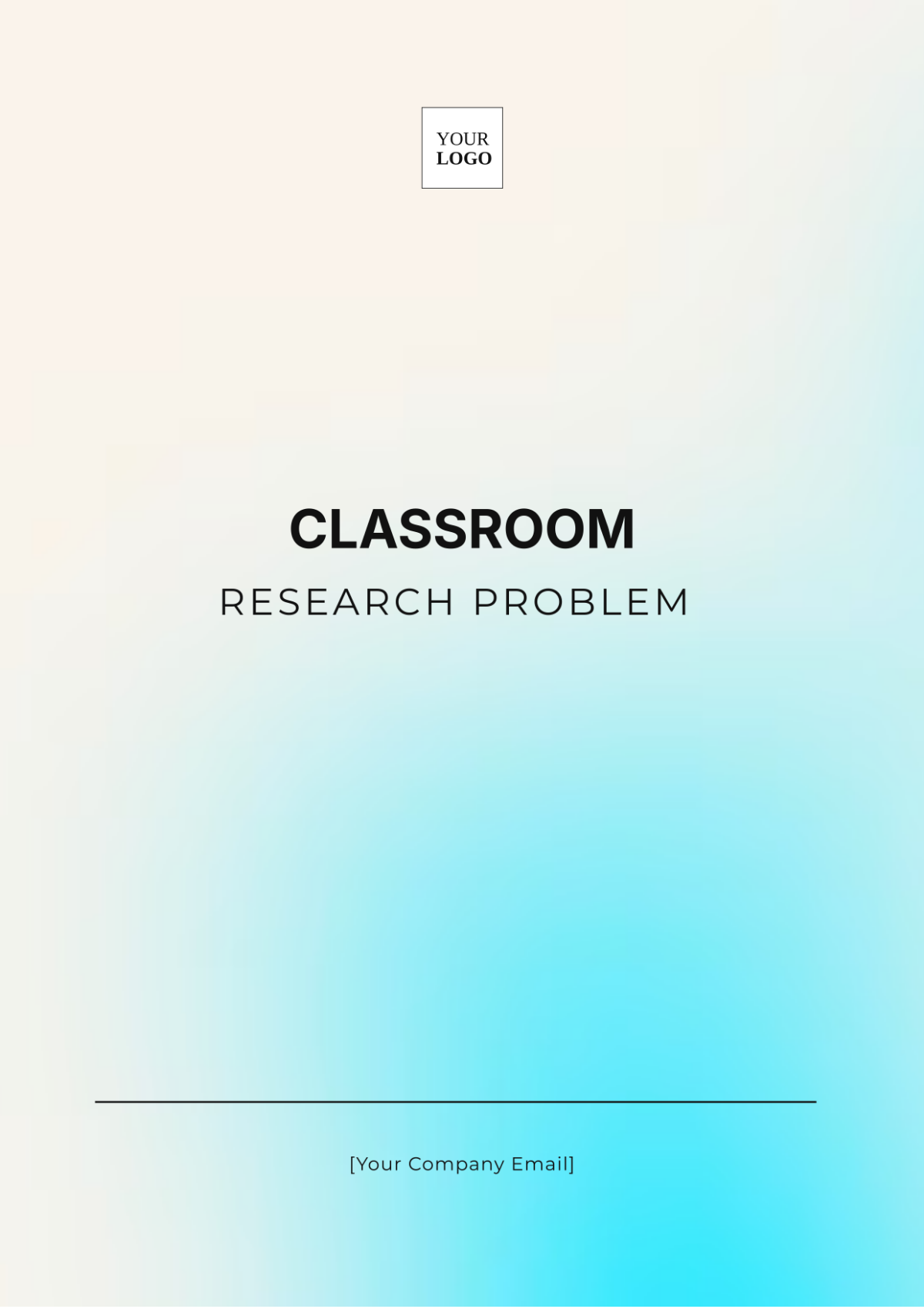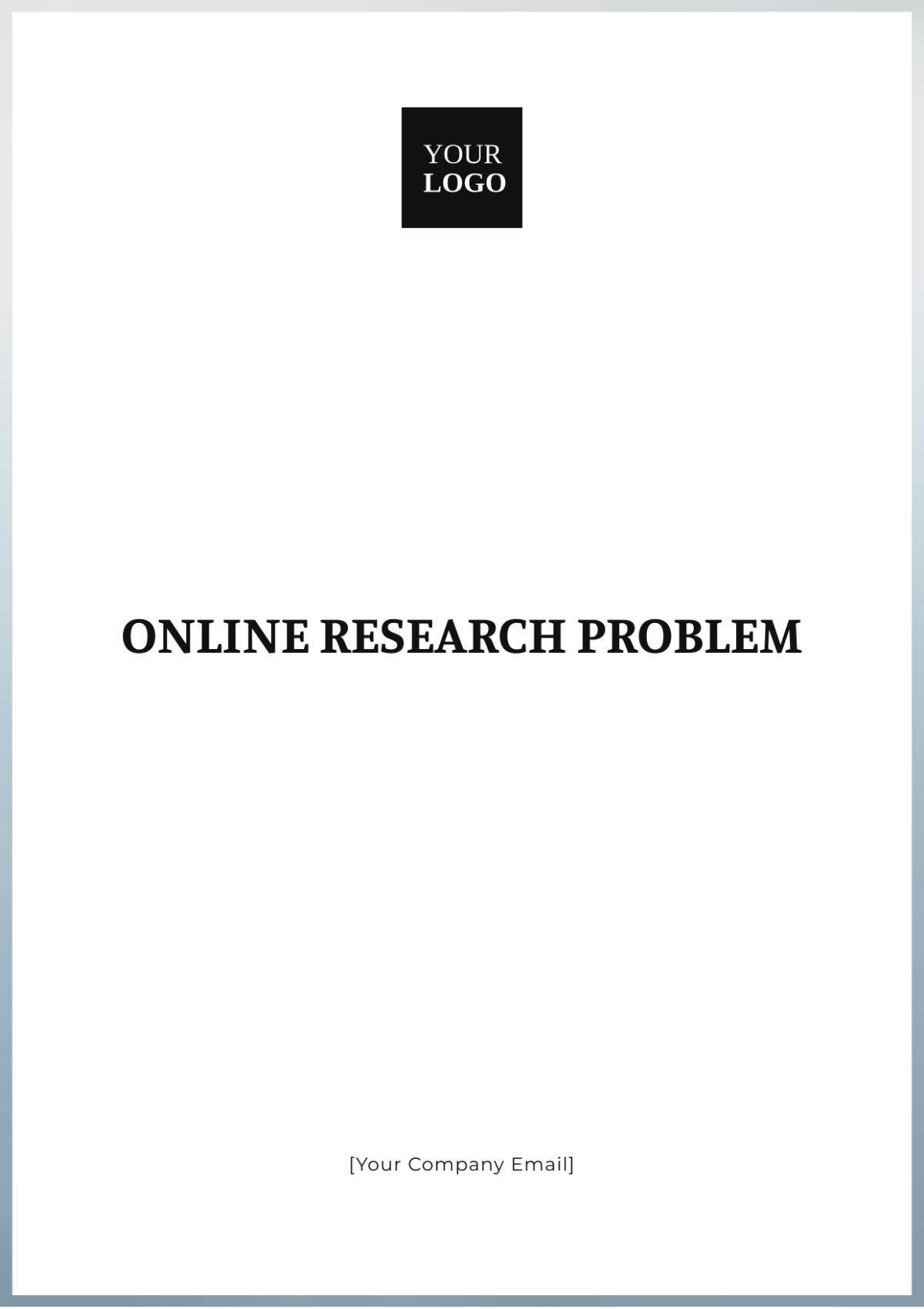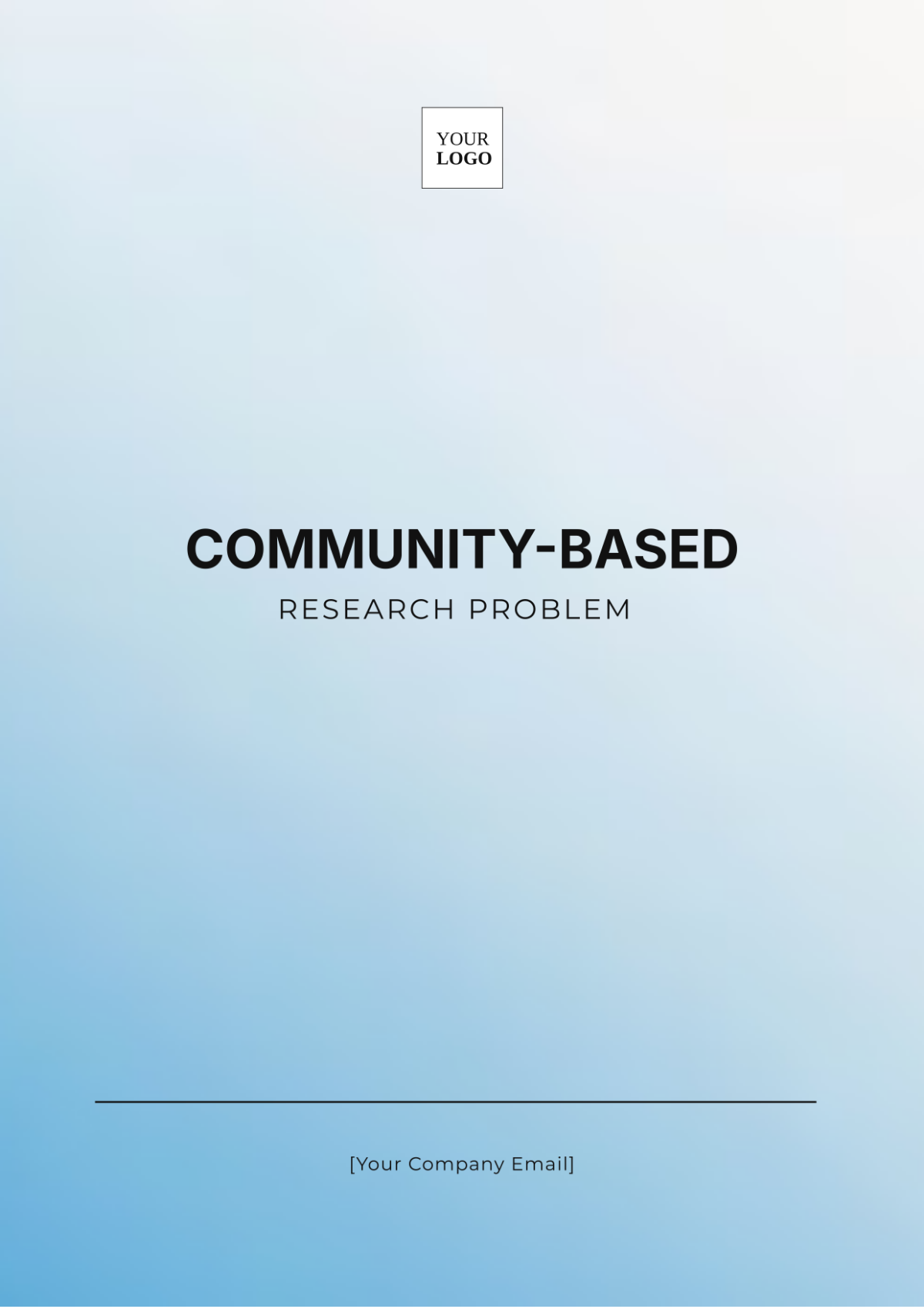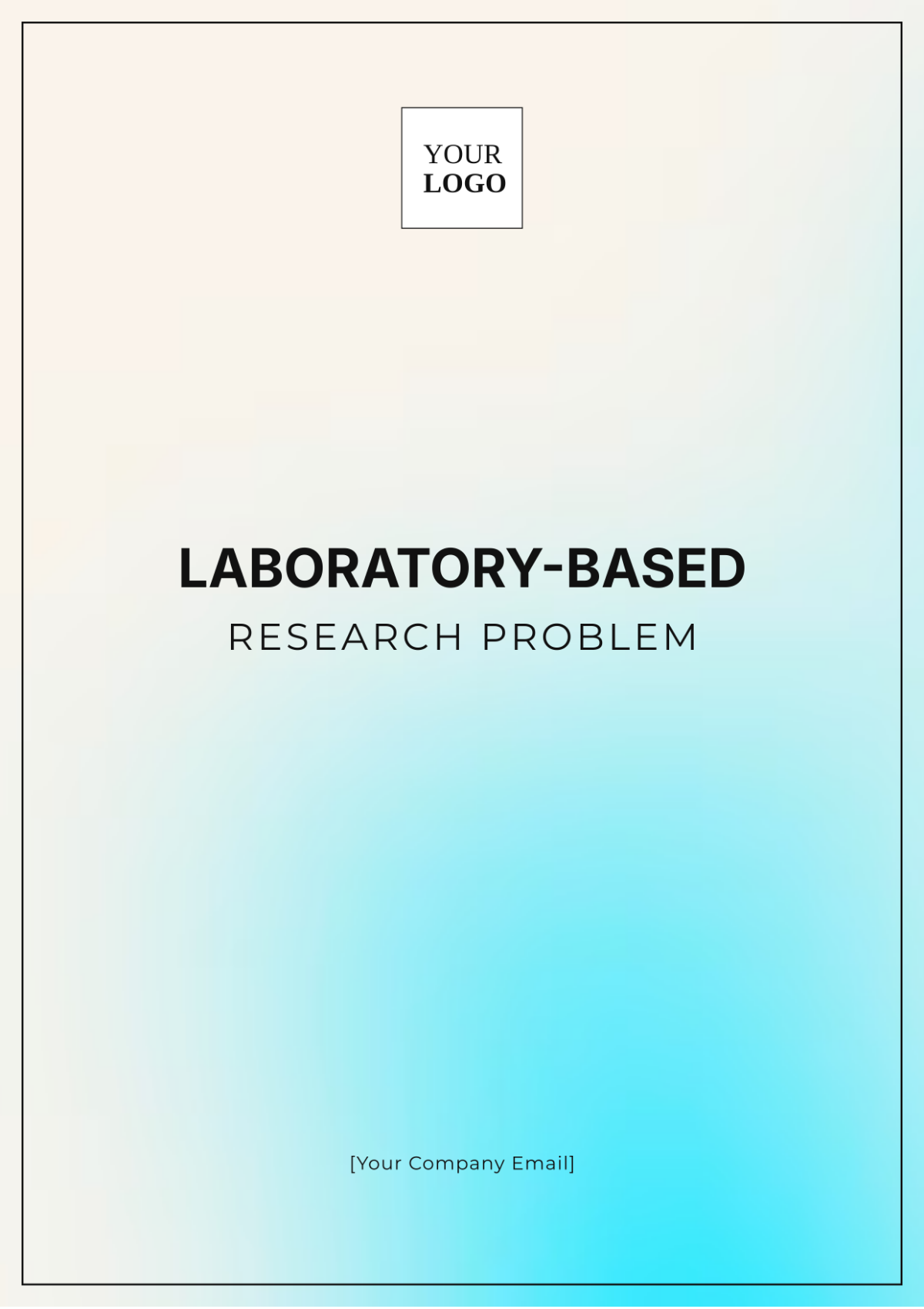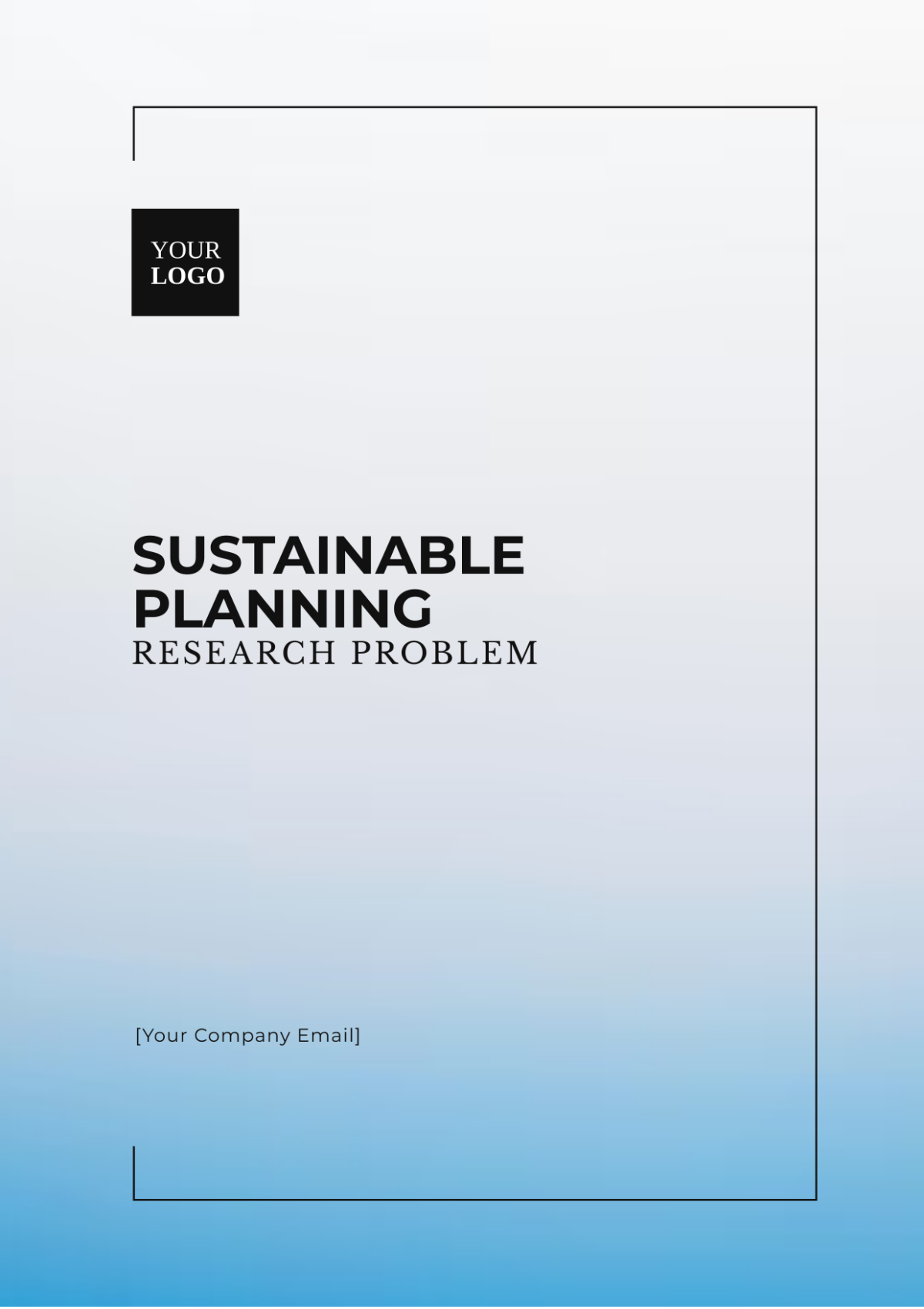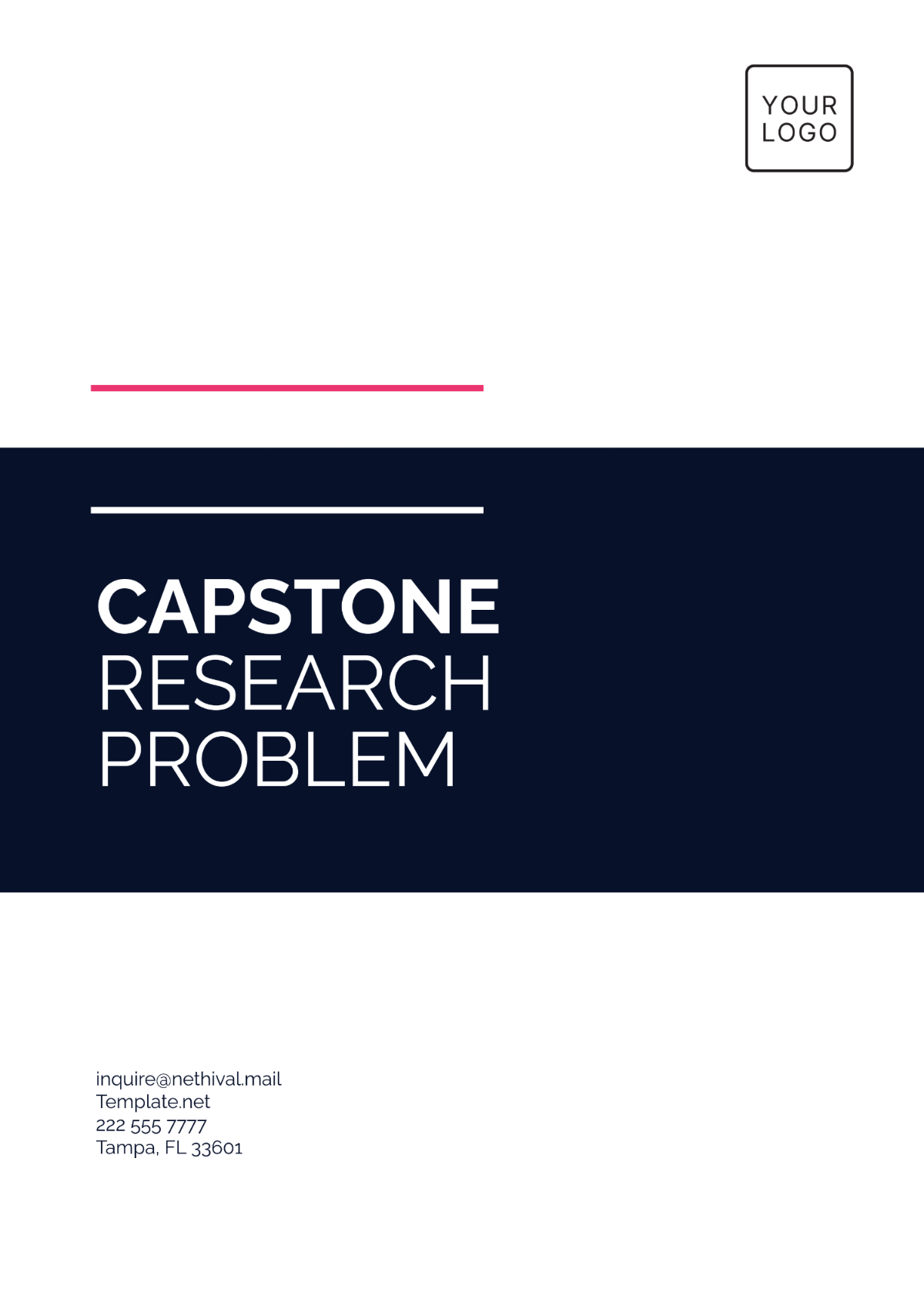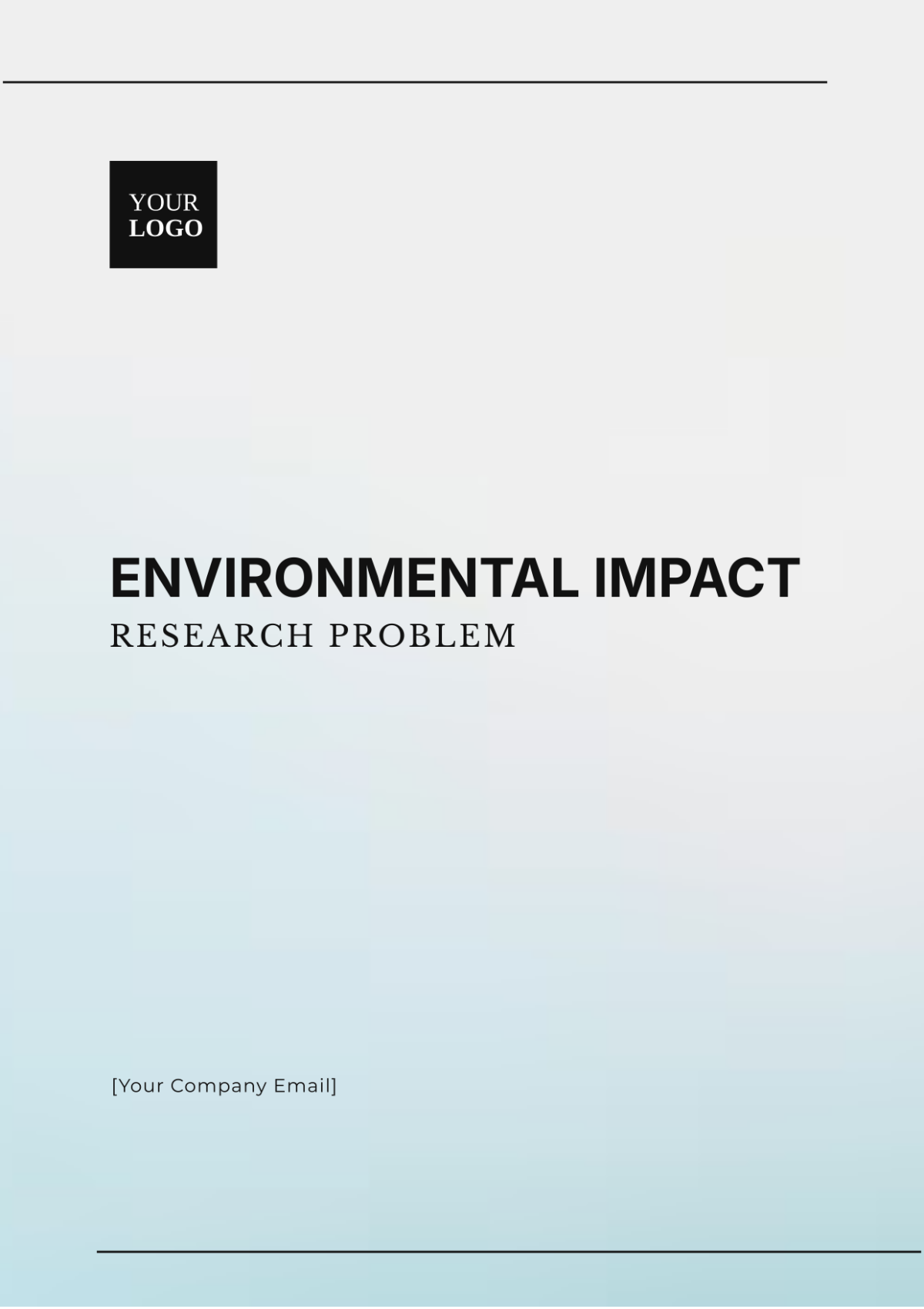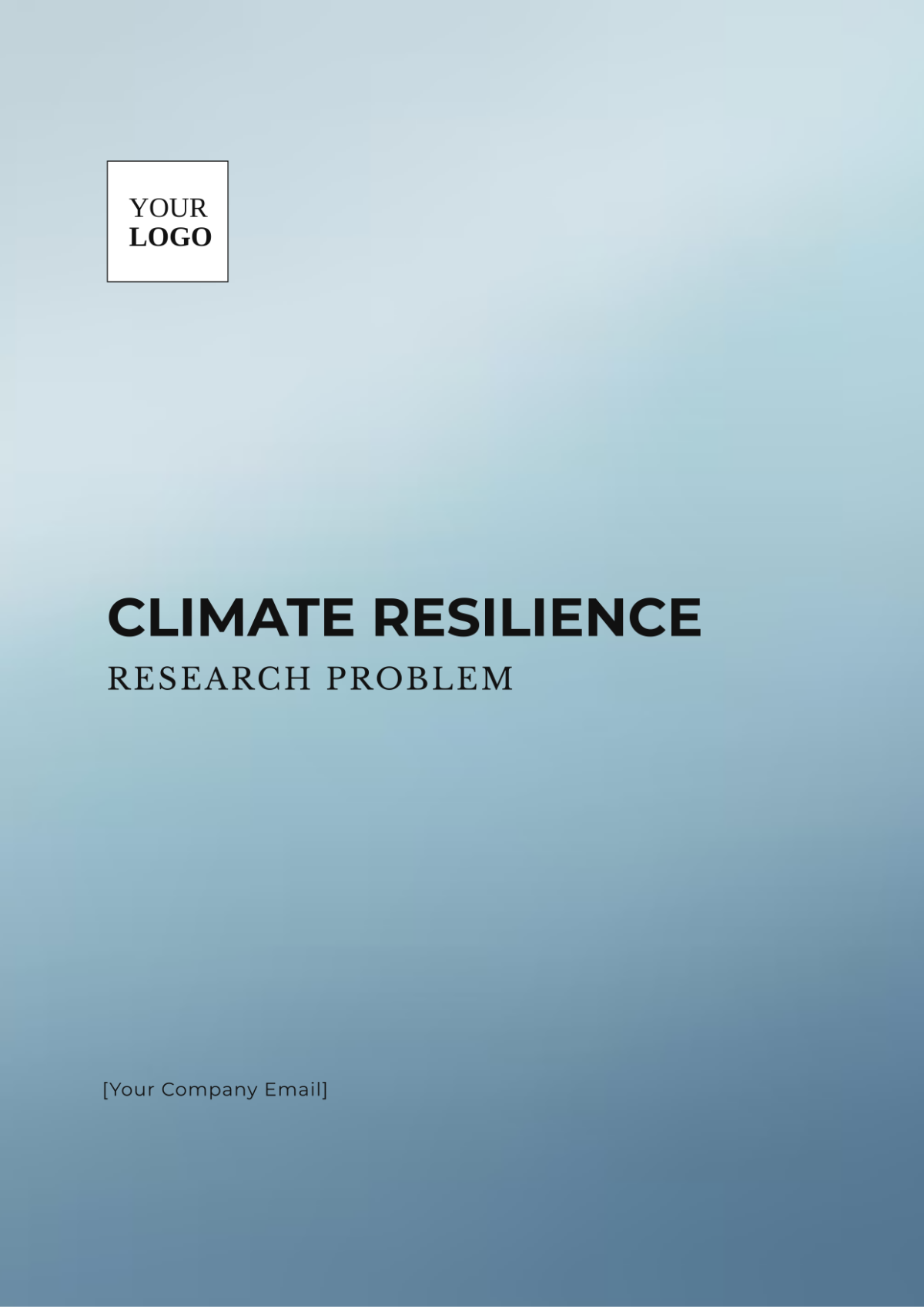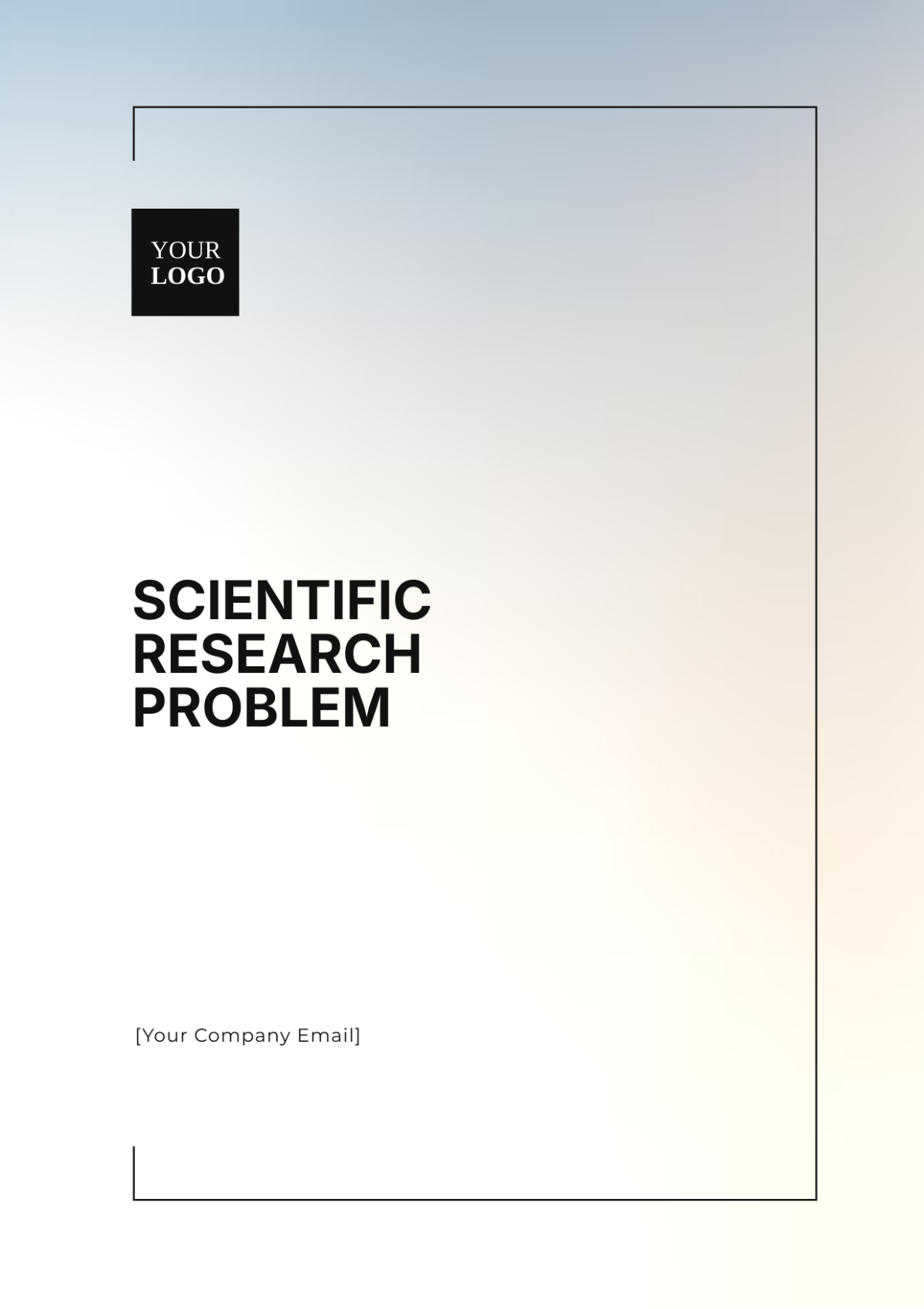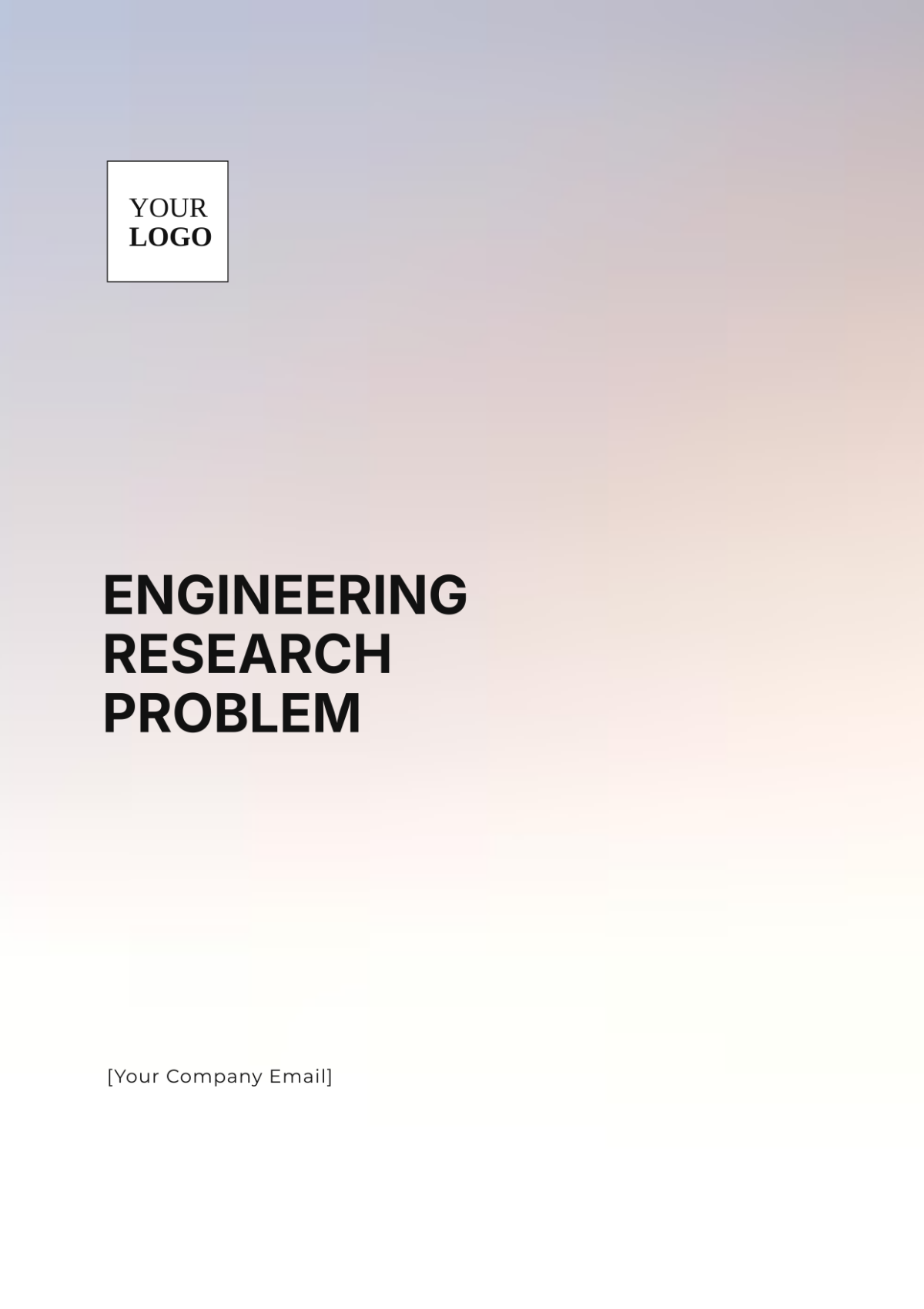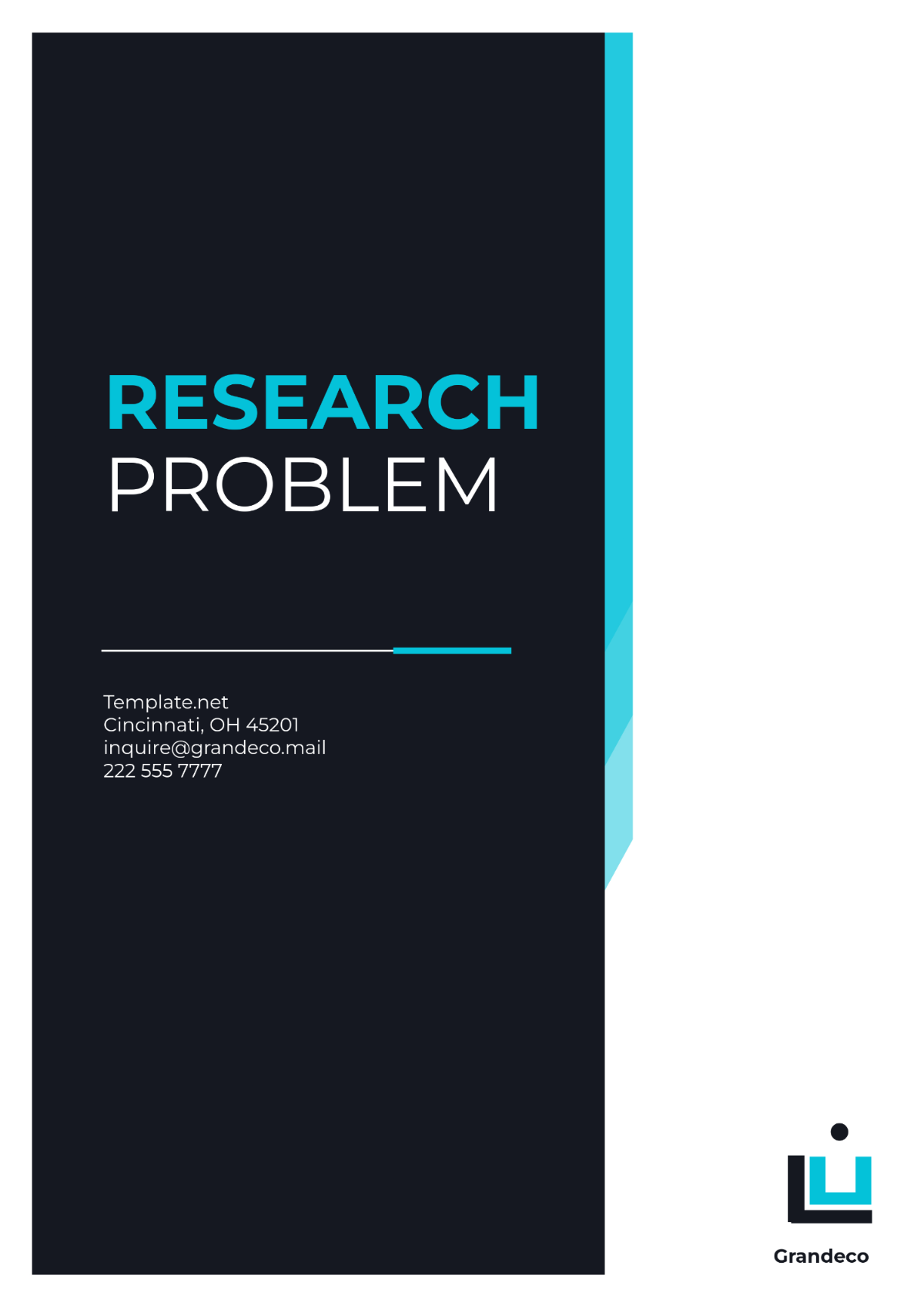Academic Research and Development
Summary/Introduction
This document provides a comprehensive overview of the field of academic research and development (R&D) as it stands in the year 2050. It delves into recent innovations, ongoing trends, significant contributions from leading institutions, funding dynamics, challenges faced, and future directions.
This analysis is designed to offer valuable insights for researchers, educational institutions, policymakers, and industry leaders.
I. Overview of Current Trends in Academic R&D
Emerging Fields of Study
Quantum Computing: Significant progress has been made in quantum algorithms and hardware, pushing the boundaries of computational power and problem-solving capabilities.
Synthetic Biology: Researchers are creating novel biological systems and organisms, enabling advancements in medicine, agriculture, and environmental science.
Artificial General Intelligence (AGI): Development towards AGI is accelerating, with profound implications for various sectors including automation, ethics, and human-machine interaction.
Climate Engineering: Innovative approaches are being explored to address climate change, including advanced geoengineering techniques and carbon capture technologies.
Interdisciplinary Research
Convergence of Life Sciences and Engineering: Integration of biological and engineering disciplines is leading to breakthroughs in bioengineering, personalized medicine, and robotics.
Social Sciences and Technology: The impact of digital technologies on human behavior, society, and social structures is increasingly being studied through interdisciplinary research.
Technological Innovations
AI and Machine Learning: Continuous improvements in AI algorithms and their applications are transforming various industries, including healthcare, finance, and transportation.
Big Data Analytics: Enhanced techniques for processing and analyzing large datasets are enabling more accurate predictions and insights across different fields.
Blockchain Technology: Beyond cryptocurrencies, blockchain is finding applications in areas such as supply chain management, secure voting systems, and digital identity verification.
II. Major Research Institutions and Their Contributions
Institution Name | Key Contributions | Notable Projects | Funding Sources |
|---|---|---|---|
Harvard University | Innovations in biotechnology and AI | Project Helix: AGI Development | Federal Grants, Private Donations |
Stanford University | Advances in quantum computing and robotics | Quantum Nexus: Quantum Supremacy | Venture Capital, Endowments |
Massachusetts Institute of Technology (MIT) | Pioneering research in synthetic biology | BioSynthetics: Custom Organism Engineering | Research Grants, Corporate Partnerships |
University of California, Berkeley | Cutting-edge work in climate engineering | EarthGuard: Climate Change Mitigation | Government Contracts, Philanthropic Funding |
III. Funding and Investment Trends
Public Sector Funding
Government Grants: Increased funding is being directed towards research on climate change, artificial intelligence, and health.
National Research Councils: Expanded budgets and new funding initiatives support interdisciplinary and high-impact research.
Private Sector Investments
Tech Industry Contributions: Significant investments from technology companies focus on advancing AI, quantum computing, and digital infrastructure.
Philanthropic Donations: Contributions from philanthropists are directed towards global health challenges, environmental sustainability, and educational initiatives.
International Collaboration
Global Research Networks: Enhanced cooperation among international institutions is facilitating large-scale and multi-national research projects.
Cross-Border Funding Initiatives: Joint funding programs are being established to support collaborative research efforts across countries and regions.
IV. Key Challenges in Academic R&D
Ethical Considerations
AI and Privacy: Issues related to data privacy, security, and ethical use of AI technologies are major concerns.
Synthetic Biology: Ethical dilemmas surrounding genetic modifications and the potential risks associated with synthetic organisms need to be addressed.
Funding Disparities
Resource Allocation: There is an imbalance in the distribution of research funds among different disciplines and institutions.
Access to Grants: Variability in the availability of grants and funding opportunities across regions and research areas.
Interdisciplinary Collaboration
Communication Barriers: Challenges in effectively communicating and integrating research across different academic disciplines.
Resource Sharing: Difficulties in sharing resources, data, and findings between researchers from diverse fields.
V. Future Directions and Recommendations
Promoting Interdisciplinary Research
Enhanced Collaboration: Encourage and facilitate partnerships between researchers from different disciplines to address complex problems.
Integrated Research Platforms: Develop and support platforms that enable seamless collaboration and data sharing across research domains.
Increasing Funding Accessibility
Equitable Grant Distribution: Implement policies to ensure more equitable distribution of research funding across disciplines and regions.
Support for Emerging Fields: Allocate targeted funding to emerging and high-potential research areas that may not yet be well-established.
Addressing Ethical Issues
Developing Guidelines: Establish comprehensive ethical guidelines and best practices for emerging technologies and research practices.
Public Engagement: Enhance public engagement and dialogue on ethical issues to foster greater awareness and understanding.
VI. Conclusion
The landscape of academic research and development in 2050 reflects a period of rapid technological advancement and evolving challenges. Addressing key issues such as ethics, funding disparities, and interdisciplinary collaboration will be crucial for continuing progress and innovation in research.
By focusing on these areas, the academic and research communities can drive meaningful advancements and address global challenges in the decades ahead.
Contact Information
Researcher: [Your Name]
Email: [Your Email]
















